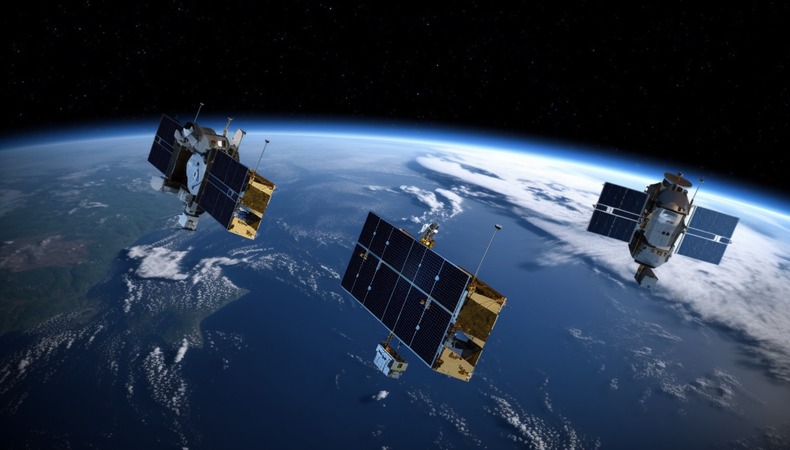Navigating Starlink Dilemma: Balancing Aid and Security in Gaza

Elon Musk has sparked a debate that captures the delicate balance between humanitarian operations and security concerns in a conflict-ridden country by announcing that SpaceX’s Starlink will offer communication lines in Gaza for internationally recognised assistance organizations.
With a history of political unrest and violence that has negatively impacted the civilian population, the Gaza Strip has long been a flashpoint for conflict. In addition to being necessary for daily living, having access to a dependable communication infrastructure is also critical for the work of foreign humanitarian organizations, which are vital in delivering supplies to the Gaza Strip’s population.
Elon Musk’s suggestion to set up Starlink in Gaza to assist these groups appears to be a viable way to deal with the serious communication blackout that struck the area as Israel intensified its air and ground attack. An already dire situation was made worse by the blackout, which cut off Gaza from the outside world and made life-saving efforts more difficult.
Starlink Could be Misused
But Shlomo Karhi, Israel’s minister of information, has good reason to be concerned. He worries that the terrorist organization Hamas, which is Palestinian and controls Gaza, would use the technology for nefarious purposes. Given the region’s complicated and unstable political environment, it is a legitimate worry.
A cautious approach is needed to resolve this conundrum successfully. Here are a few important things to remember:
Verification and Monitoring
Robust monitoring and verification systems need to be implemented in order to guarantee that Starlink is only used for humanitarian purposes. This could entail supervising the technology’s implementation and use in close collaboration with global organizations.
Diplomacy and Cooperation
Diplomacy and collaboration on a global scale are crucial. To establish a solution that takes into account humanitarian needs as well as security concerns, all parties involved—including Israel, Palestine, and international organizations—should hold talks..
Conditional Deployment
SpaceX and Elon Musk may think about putting restrictions in place before launching Starlink in Gaza to guarantee that it is only utilised for non-military objectives. One such method is to tie its application to the release of those who have been kidnapped, as Minister Karhi has proposed.
Neutral Oversight
Overseeing the Starlink deployment and making sure it isn’t utilized for any illicit purposes could fall to an unbiased authority or organization.
Keep Reading
Pro-Hamas Hackers Takeover Israel Billboards, Emergency Services
Israel Tech Sector Hit Hard by Israeli-Hamas War
Public Accountability
Gaining trust and ensuring that technology is used for intended purposes depend heavily on transparency. Concerns can be reduced with the regular release of updates and data on Starlink utilisation.
In order to guarantee that Starlink is only utilised for civilian reasons, Elon Musk and SpaceX may decide to impose specific requirements before installing the technology in Gaza. One such method is to tie its application to the release of those who have been kidnapped, as Minister Karhi has proposed.
Unbiased Supervision
Overseeing the Starlink rollout and making sure it isn’t utilized for any illegal purposes could fall to an unbiased authority or organization.
General Accountability
Gaining trust and ensuring that technology is used for intended purposes depend heavily on transparency. Concerns can be reduced with the regular release of updates and data on Starlink utilization.
Balancing Security
It is a difficult but manageable task to strike a balance between the pressing need for humanitarian relief and justifiable security concerns. With its ability to provide a lifeline to those in need, the Starlink project in Gaza has the potential to revolutionize the area. But to make sure that this technology fulfills its intended function and doesn’t unintentionally exacerbate tensions in an already unstable area, prudent deployment and a cooperative approach are essential.
In a world where geopolitics and technology are becoming more and more entwined, it is up to entrepreneurs, governments, and international organisations to figure out how to balance protecting security interests with meeting the urgent needs of those enmeshed in wars. Although it is a difficult project, there is hope that it will significantly improve Gazans’ quality of life.




